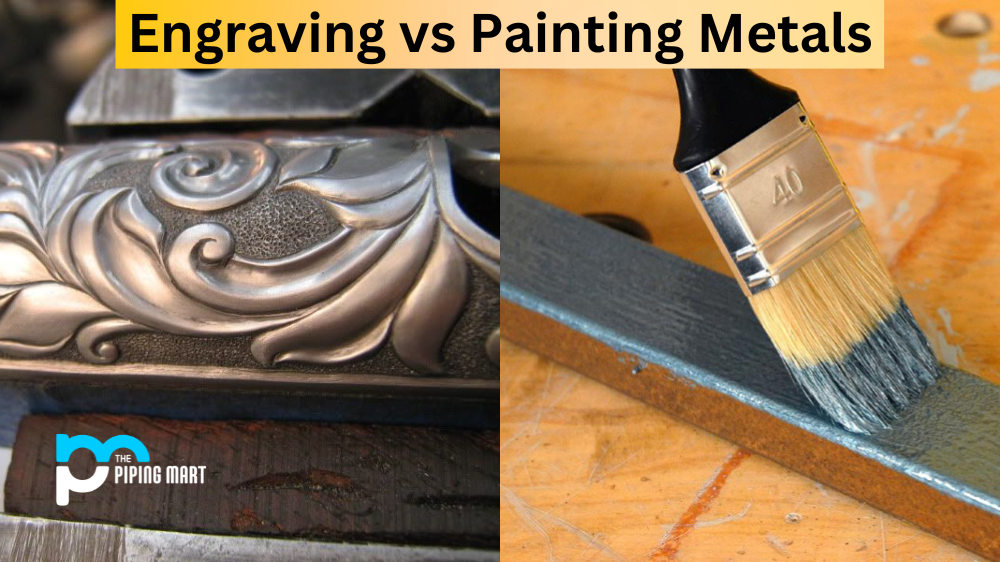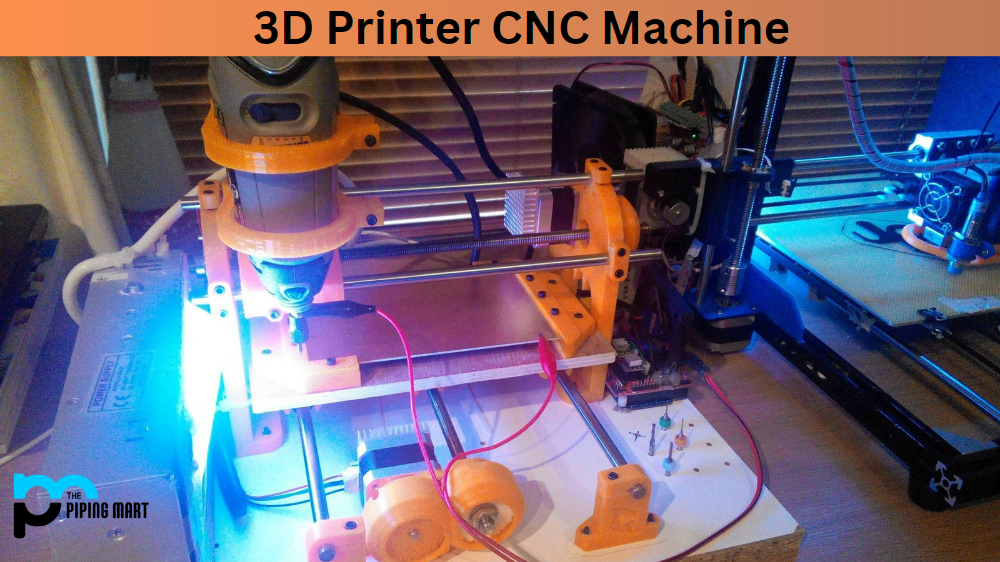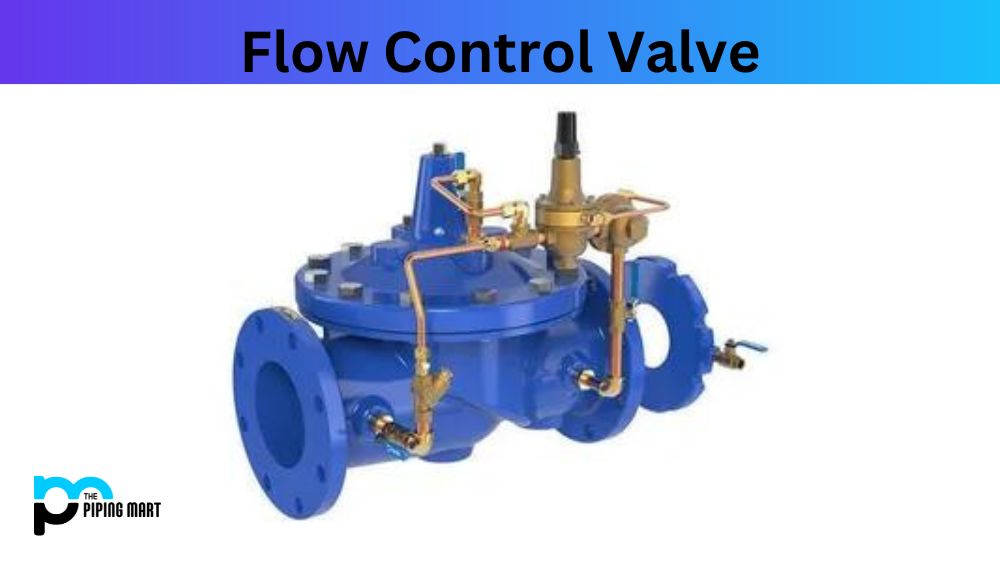Water pressure is a crucial factor in everyday life, especially when it comes to faucets, hoses, and other water systems. It’s essential to have optimal pressure to ensure that water flows efficiently and effectively. However, one common question that many people ask is whether the size of the pipe or hose affects water pressure. In this post, we’ll explore this topic and understand the impact pipe and hose size have on water pressure.
Pipe Size:
One critical factor that affects water pressure is the size of the pipe. The diameter of the pipe determines the volume of water it can carry. Smaller pipes can carry less water, which means that the water pressure will be low. On the other hand, larger pipes have more space, which allows more water to flow through them, resulting in higher water pressure.
Hose Size:
Similarly, hose size also affects water pressure. If you have a small hose, you may experience low water pressure as it will restrict the flow of water. In contrast, larger hoses will allow a more significant amount of water to flow, increasing the water pressure. So, when you’re buying a hose, ensure that you consider the diameter of the hose to get the correct water pressure.
Length of the Pipe or Hose:
The length of the pipe or hose also affects water pressure. The longer the pipe or hose, the lower the water pressure. This is because the water has to travel a longer distance, resulting in a drop in pressure. So, if you’re looking to maintain high water pressure, ensure that the length of the pipe or hose is minimal.
Material of the Pipe or Hose:
The material of the pipe or hose also affects water pressure. Some materials have a smooth interior surface that allows water to flow smoothly without any resistance, while others may have a rough surface that can restrict the flow of water. So, when you’re choosing a pipe or hose, ensure that you choose the one that has a smooth interior surface to maintain optimal water pressure.
Connectors:
Another essential factor that affects water pressure is connectors. The connectors need to be tight and secure to ensure that there is no leakage or loss of pressure. Loose connectors can cause water to leak, resulting in low water pressure. So, ensure that all the connectors are tight and secure, and there are no leaks.
Conclusion:
Overall, the size of the pipe or hose does have an impact on water pressure, along with other factors such as length, material, and connectors. If you’re looking to maintain optimal water pressure, ensure that you consider all these factors and choose the right size of pipe or hose. A larger diameter pipe or hose, with a smooth interior surface, and tight connectors, can help you maintain high water pressure. So, next time you’re buying a pipe or hose, consider these factors to get the right water pressure for your needs.
Meet Heer, a dynamic and driven writer learning tricks of her trade in the metal industry. With a background in Digital Marketing, Heer brings a unique perspective to her writing, sharing valuable insights. Apart from blogging she like reading and hiking.



